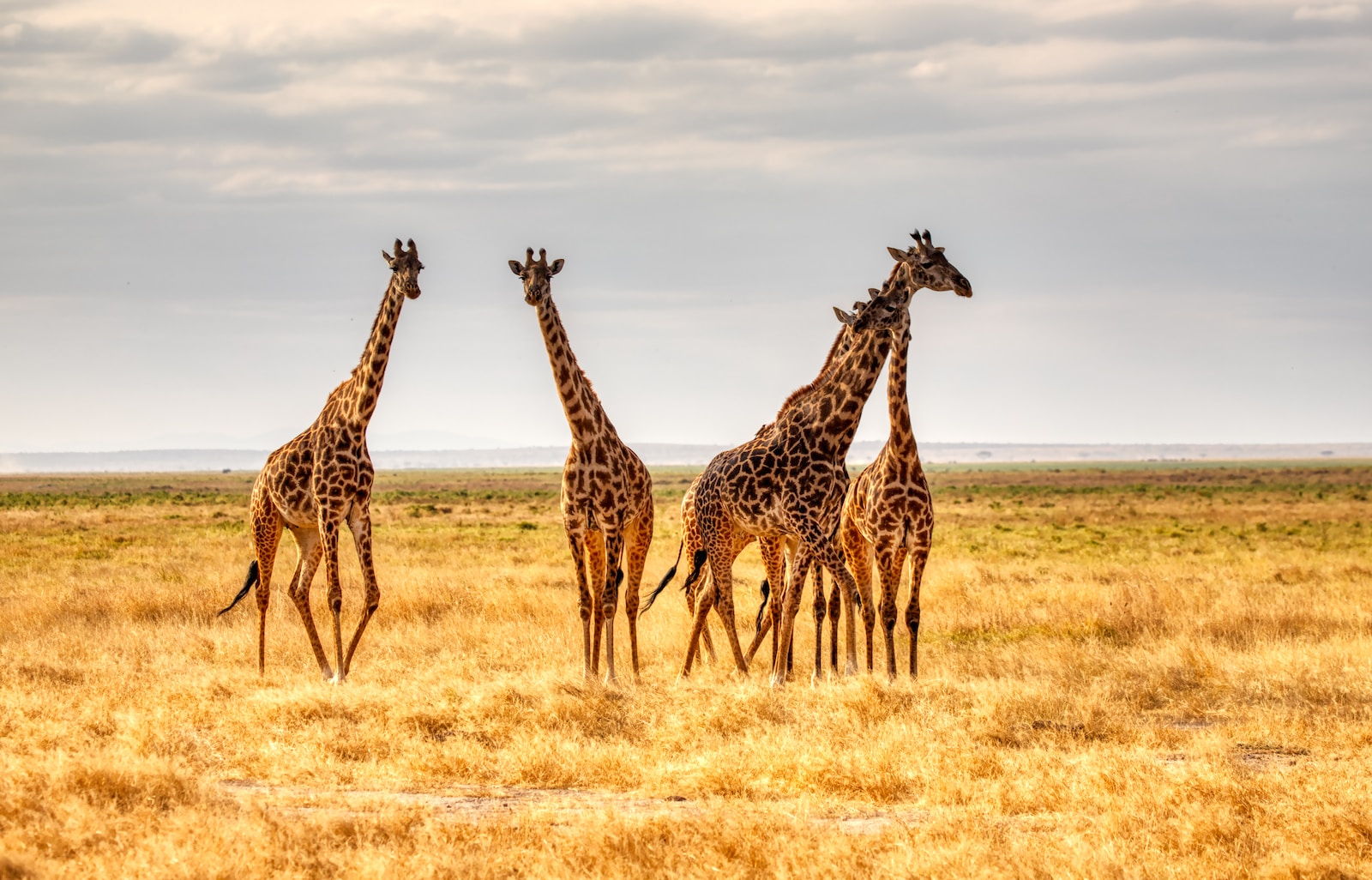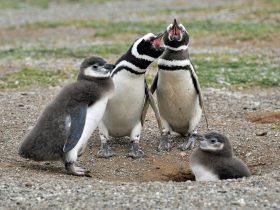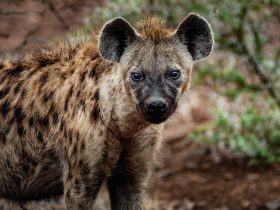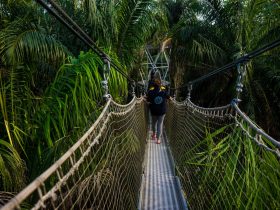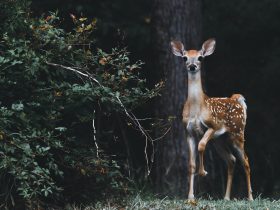In this comprehensive article, we will delve into a series of captivating case studies that showcase the incredible impact of ethical investments in wildlife protection. By exploring these success stories, we will gain a profound understanding of how various approaches, coupled with dedicated funding and support, have resulted in transformative outcomes for endangered species and their habitats.
Case Study: Gorilla Conservation in Rwanda
Rwanda, often referred to as the “Land of a Thousand Hills,” is home to one of the most critically endangered species on the planet: the mountain gorillas. During the 1980s, these majestic creatures faced the looming threat of extinction due to rampant habitat loss, rampant poaching, and civil unrest. Recognizing the urgency of the situation, the Rwandan government joined forces with international organizations and ethical investors to implement a comprehensive and groundbreaking conservation program.
Ethical investments emerged as a pivotal factor in supporting a wide array of initiatives, including habitat restoration, innovative anti-poaching strategies, and community-based conservation programs. Substantial funds were allocated towards training and equipping local rangers, implementing state-of-the-art monitoring technologies, and establishing sustainable livelihood projects for communities residing near gorilla habitats.
The profound impact of these ethical investments has become evident over time. In 2018, the International Union for Conservation of Nature (IUCN) announced a remarkable increase in the mountain gorilla population in Rwanda. From a mere 240 gorillas recorded in the 1980s, their numbers have surged to an encouraging total of 604 individuals. This astounding success story serves as a testament to the power of ethical investments in reversing the decline of endangered species and contributing to their long-term survival.
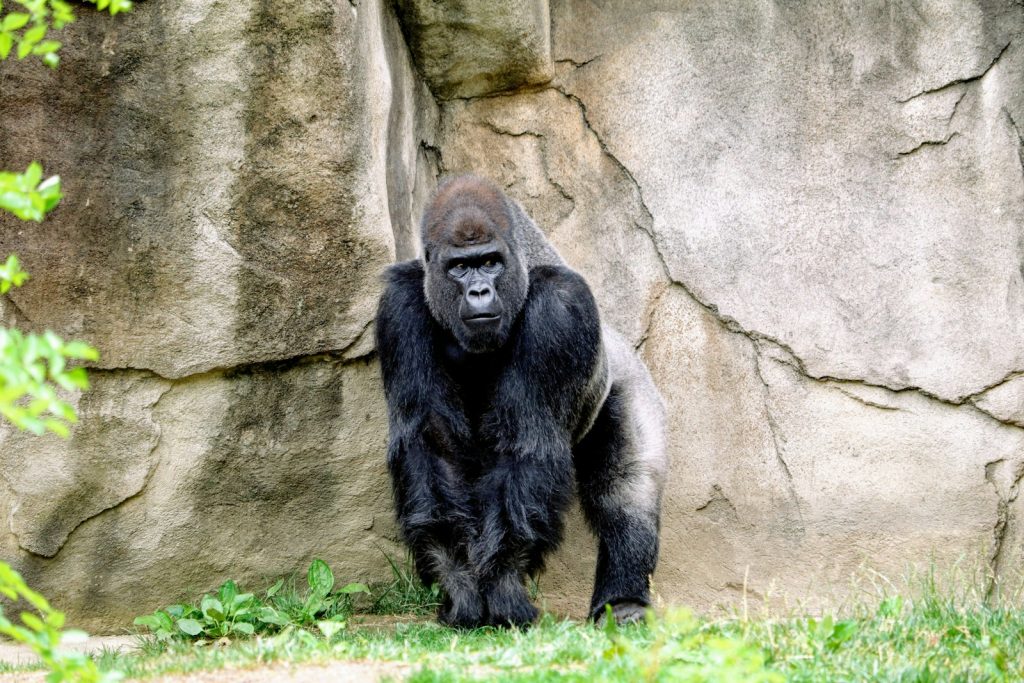
Case Study: Marine Protected Areas in the Seychelles
The breathtaking archipelago of the Seychelles, nestled within the Indian Ocean, boasts an extraordinary wealth of marine biodiversity. However, unsustainable fishing practices, pollution, and the adverse impacts of climate change posed significant threats to these fragile and invaluable ecosystems.
Recognizing the urgent need for action, ethical investors played an instrumental role in the establishment of marine protected areas (MPAs) in the Seychelles. One prominent player in this arena is the Seychelles Conservation and Climate Adaptation Trust (SeyCCAT), a conservation finance mechanism that has garnered substantial support from ethical investors. With their funding, SeyCCAT has been able to finance the creation, management, and ongoing protection of these critical MPAs.
The implementation of these MPAs has yielded a cascade of positive outcomes. They not only safeguard vulnerable marine species and habitats but also facilitate the adoption of sustainable fishing practices, provide opportunities for responsible tourism, and serve as educational platforms for marine conservation awareness. Consequently, the increased marine biodiversity and thriving ecosystems have not only benefited the environment but have also bolstered the local economy through the flourishing sector of ecotourism. The success of this approach exemplifies the potential of ethical investments in facilitating a sustainable model for both conservation and economic growth.
Case Study: Elephant Protection in Kenya
Kenya, renowned for its iconic wildlife, including the majestic African elephants, has long struggled with the escalating menace of ivory poaching. Recognizing the urgency of protecting these magnificent creatures, ethical investments have played a pivotal role in supporting anti-poaching efforts and fostering community-based conservation initiatives throughout the country.
Organizations such as the Save the Elephants Foundation have received substantial financial backing from ethical investors. This crucial funding has enabled the implementation of advanced anti-poaching technologies, the strengthening of ranger patrols, and extensive community engagement in elephant conservation programs. Additionally, these investments have facilitated collaborations with law enforcement agencies, governments, and international bodies to combat the illegal ivory trade effectively.
As a result of these collective efforts, Kenya has witnessed a significant decline in elephant poaching. The number of illegal killings continues to decrease, providing a glimmer of hope for the long-term survival of these treasured creatures. Moreover, ethical investments have not only protected elephant populations but have also empowered local communities through job creation, education, and the provision of sustainable livelihood opportunities. This remarkable case study serves as a shining example of how ethical investments can contribute to the preservation of iconic species while simultaneously supporting the socio-economic well-being of local communities.
Case Study: Rewilding Projects in Europe
Across Europe, a growing movement is underway to restore and rewild landscapes that were once dominated by human activities. Ethical investments have emerged as a vital driving force behind large-scale rewilding projects, aiming to revive natural habitats, reintroduce keystone species, and rejuvenate ecological processes.
One captivating example of this movement is the Oostvaardersplassen nature reserve in the Netherlands. Supported by ethical investments, this area underwent an astonishing transformation, evolving into a flourishing wetland ecosystem. The restoration efforts attracted a diverse range of bird species and provided a sanctuary for numerous other wildlife populations. Similarly, rewilding projects in countries such as Germany, Spain, and Romania have also witnessed noteworthy success. These initiatives have witnessed the return of apex predators like wolves and bears, the revival of essential ecological processes, and the revitalization of local economies through nature-based tourism.
The rewilding projects in Europe, fueled by ethical investments, have demonstrated the remarkable ability to restore ecosystems to their natural balance. By reintroducing key species, these initiatives have enabled the recovery of once-threatened habitats, leading to a resurgence in biodiversity. This, in turn, has had positive cascading effects on other flora and fauna within these regions.
Furthermore, these projects have proven to be catalysts for local economic development. Nature-based tourism has flourished as visitors flock to witness the revival of these once-barren landscapes. This surge in tourism has not only created employment opportunities but has also generated revenue for local communities, thereby fostering sustainable socio-economic growth.
These case studies epitomize the transformative impact of ethical investments in wildlife protection. From the successful gorilla conservation efforts in Rwanda to the establishment of marine protected areas in the Seychelles, and elephant protection initiatives in Kenya to the rewilding projects sweeping across Europe, ethical investments have exemplified their power to drive positive change, protect endangered species, restore ecosystems, and empower local communities.
By choosing to support these initiatives, ethical investors have demonstrated their commitment to profitability that aligns with environmental and social sustainability. The success stories showcased here serve as a testament to the indomitable spirit of collaboration and the profound impact that ethical investments can have in shaping a world where wildlife thrives and communities prosper.
As we conclude this article, the success stories of ethical investments in wildlife protection serve as a powerful reminder of the transformative impact that dedicated funding and support can have on endangered species and ecosystems. Through the case studies highlighted here, it is evident that ethical investments are not only profitable from a financial standpoint but also contribute significantly to environmental and social sustainability. By continuing to prioritize wildlife protection through ethical investments, we can pave the way for a future where our planet’s biodiversity thrives, hand in hand with the well-being of local communities.Share




























